Don’t Be Left in the Dark: 10 Power Outage Prep Tips
Medically Reviewed by Dr. Nicole Avena
Aside from the inconvenience, one of the worst things about a power outage is that it can happen at any time. This is especially true if you live in an area frequently plagued by brownouts or rolling blackouts, or an area frequently subjected to severe weather.
Power outages can negatively impact neighborhoods or entire cities. These outages can adversely affect our lives by:
- Causing food to spoil
- Creating transportation and communication issues
- Preventing the use of medical devices
- Leading to the closure of banks, stores, gas stations, and other important services
The good news is you can be ready the next time the power goes out. Following these simple steps can ensure you won’t be left in the dark.
10 Helpful and Practical Power Outage Prep Tips
- Inventory – Light Sources
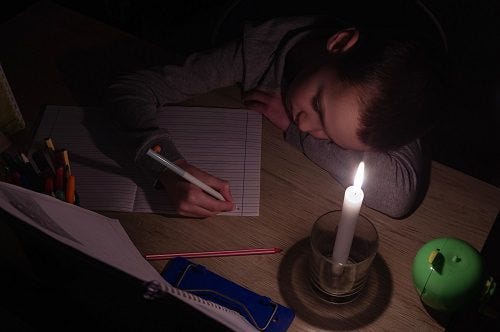
Make sure you have multiple flashlights disbursed throughout your house and check to make sure the batteries are fresh at least every six months. Store replacement batteries in an organizer in an easy-to-find place in your house.
Also, keep candles and matches or a lighter handy. Candles can produce light and heat. They also can fill a room with pleasant, aromatic scents.
- Inventory – Food/Water
Make a grocery list of foods that don’t require water, cooking, or refrigeration. These may include canned foods, dry mixes, and healthy snacks.
Consider stocking up on some of these emergency foods:
- Protein bars
- Dry cereal or granola
- Peanut butter
- Dried fruit
- Mixed nuts
- Canned fruits and vegetables
- Canned juices
- Non-perishable pasteurized milk
When purchasing emergency foods, remember to consider special dietary needs of those in your family. If you have a stockpile of canned foods, be sure to check the dates before opening them and make sure to purchase a can opener if you don’t already have one. It’s recommended to store several days’ worth of non-perishable foods for everyone in your family.
Having enough quality drinking water is extremely important in the event of a power loss. Most active individuals drink at least two quarts (half gallon) of water each day.
Keep in mind that you’ll need additional clean water for food preparation and hygiene. The rule of thumb is to store at least one gallon per person, per day. To be on the safe side, store at least a two-week supply of water for each member of your family.
- Inventory – Heat Sources
There are several ways to heat your home during a power outage and some of them are preventative measures. If you live in a region where the winters are bitterly cold, it’s a good idea to prepare your house in the fall, before the severe weather hits. Weather stripping your home is a great first step.
Other ways to heat your home is by using a fireplace (if you have one) or battery powered space heaters. When not using a fireplace, make sure the flue’s damper is tightly closed to prevent heat from escaping and cold air from getting in.
Purchase heavy drapes and keep them closed to trap the warm air (unless the room gets direct sunlight). Use throw rugs on bare floors and make sure you have plenty of blankets in the living room and bedrooms. Adding layers – such as a sweater/sweatshirt, socks and slippers, scarf, gloves, or hat – can help you stay warm inside a home that’s temporarily without power.
- Purchase a Generator
According to U.S. Energy Information Administration, American electricity customers experience an average total power interruption of about 2 hours per year, excluding major events (snowstorms, heatwaves, hurricanes, etc.). If you own a home, it’s recommended that you purchase a generator to help keep the lights on during a power outage.
There are many kinds of generators that are used for different purposes. Some are gas-powered, others are battery powered. If you purchase a gas-powered generator, make sure you have plenty of fuel stored up since these generators can burn through several gallons of gas per day.
Depending on your price range, home power generators can be expensive. Before choosing a model, it’s important to know how many watts you’ll need to keep your electronics running during a power outage. Don’t forget to add surge watts to that total.
Make sure the generator is outdoors, a minimum of 20 feet from your home, and away from windows. There are many guidelines to follow when using a generator. Here are some important safety tips to consider.
- Don’t Use the Oven
It’s recommended that you refrain from using a gas stove or oven to heat your home. Gas ovens and stoves produce carbon monoxide, which can be hazardous to your health since it’s a colorless, odorless, and tasteless gas. It’s inadvisable to use a camp stove or charcoal grill to heat your home, as they also can produce noxious fumes.
- Alternate Location
If you have no power or heat in your home, reach out to a local friend or relative with power to see if your family can hang out at their house until the power is restored. If that isn’t an option, seek out a church or community center that has heat. Be sure to observe COVID protocols in densely populated facilities.
- Medical Needs
If you use medical devices that are powered by electricity, contact your medical practitioner so you can make a power outage plan.
This plan may include medications that need to be stored in a refrigerator. As a precaution, discard any medication that needs to be refrigerated if the power has been out for more than a day. Consult your doctor or pharmacist immediately to get a new supply.
Taking the necessary precautions for your medical needs could help preserve your life during a power outage.
- Turn Off Appliances
Some people like confirmation of when the power comes back on, such as hearing beeps or seeing blinking lights. However, it’s recommended to disconnect all electronics during a power outage since sudden surges or spikes when the power comes back on can cause damage to these appliances or devices.
If the power is still off when you go to sleep, plug in your refrigerator. If the power is restored in the middle of the night, this will help prevent food spoilage.
- Food Storage
During a power outage, be sure to keep refrigerator and freezer doors closed to keep foods as cold as possible for as long as possible. A standard fridge will keep food cold for about four hours and a full freezer will maintain its temperature for about two days.
If you choose to use coolers with bags of ice or ice packs, be sure to monitor the temperature with a thermometer. If the temperature rises above 40 degrees for longer than two hours, it’s best to throw out the food inside the cooler. As the saying goes; when in doubt, throw it out.
- Family Time
A power outage can be a prime opportunity to spend quality time with your family. It’s also the perfect time to have a low-tech game night. Playing card games or board games can provide hours of entertainment.
If someone in your family plays an acoustic instrument, it might be fun to have a family sing-along. Also, telling jokes, scary stories, or reminiscing about past experiences might be an enjoyable way to pass the time.
As a fringe benefit, getting everyone in one room means you’ll only need to heat (or cool, during the warmer months) one room.
Plan Well and Stay Safe
Taking some time to purchase and store supplies (fresh batteries, a fully stocked first aid kit, etc.) and food/water now can pay huge dividends in an emergency. A power loss can happen at any time, so it’s better to be adequately prepared than ill prepared.
Hopefully these tips will help prepare you for the next power outage. If you have tips other than those listed above, feel free to share them in the comments section below.
Stay safe out there!
At BrainMD, we’re dedicated to providing the highest purity nutrients to improve your physical health and overall well-being. For more information about our full list of brain healthy supplements, please visit us at BrainMD.
- This Is What You Need to Know About HBOT
Medically Reviewed by Dr. Nicole Avena - April 22, 2024 - Hormone Changes in Men: How to Know If You Have Low Testosterone! - April 15, 2024
- This Is What You Need to Know About EMDR Therapy! - April 11, 2024
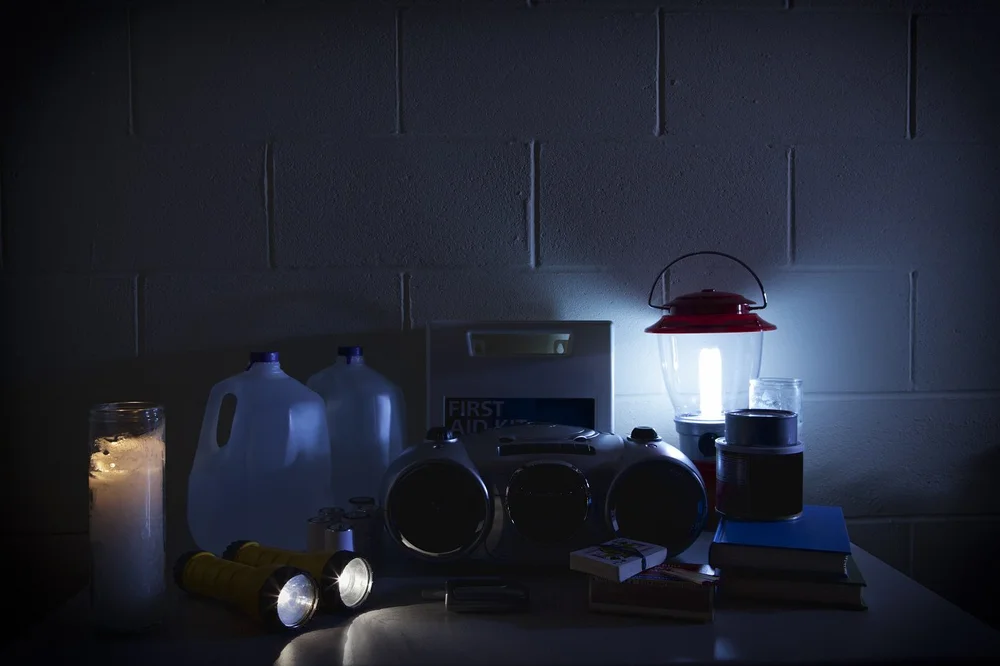
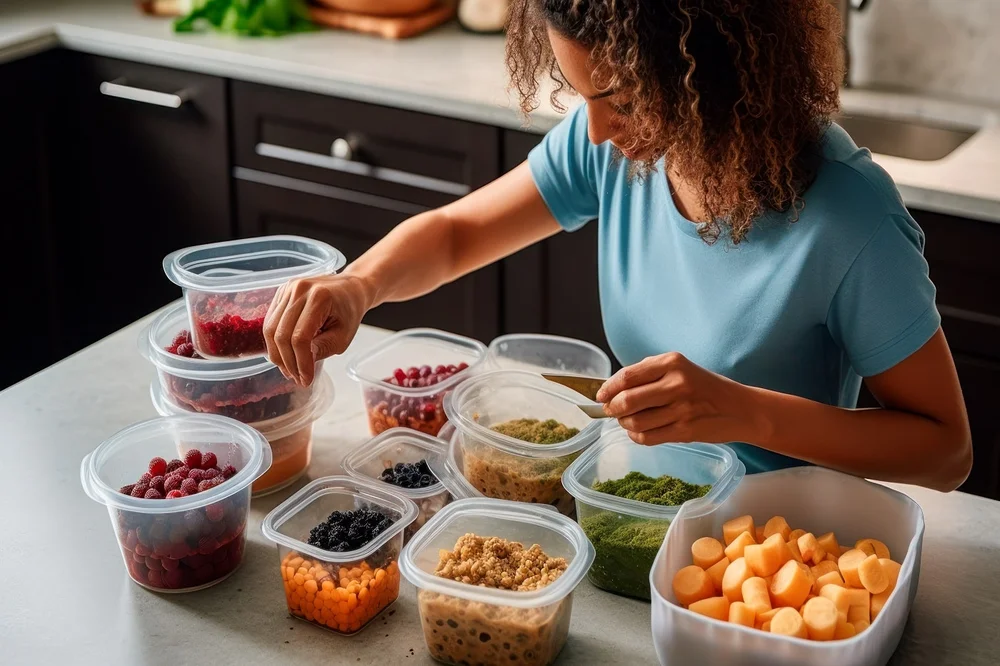
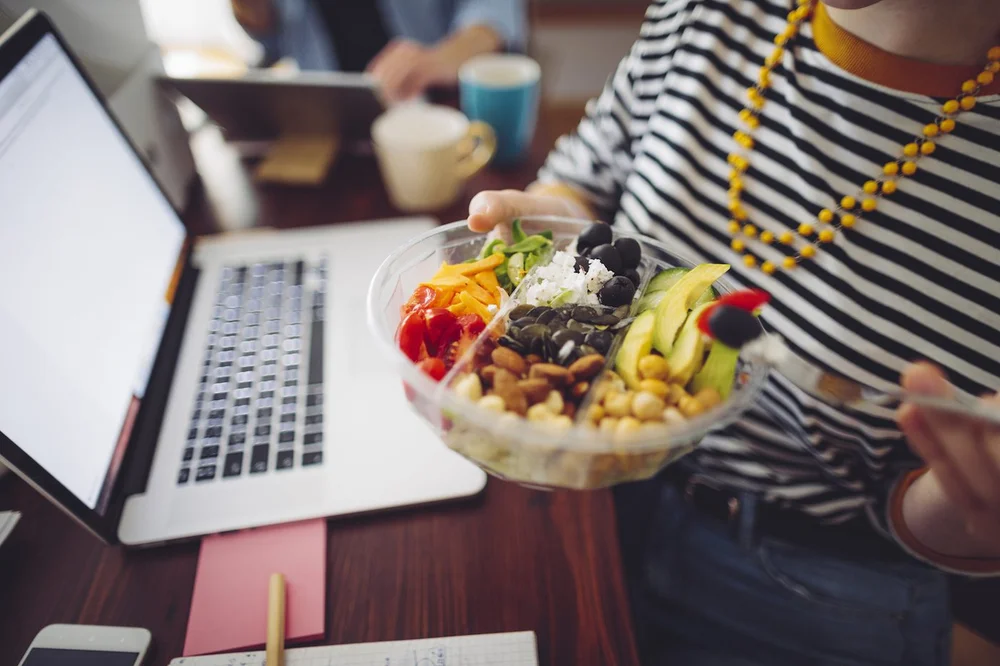
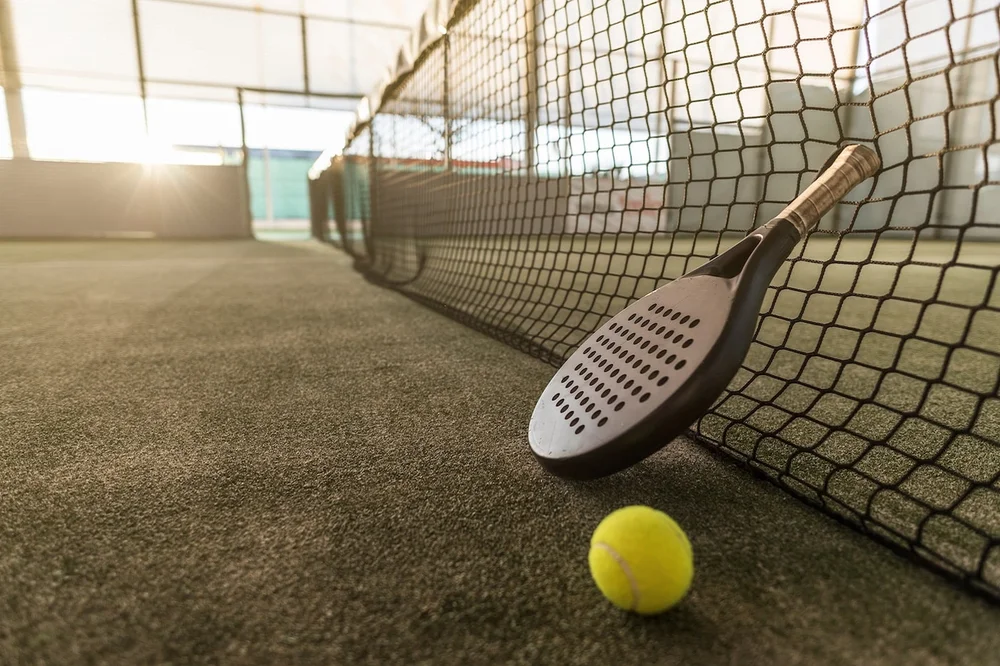
This is a great reminder that a little preparedness for a common type of emergency can help turn a potential crisis into an adventure.
May I add a couple of suggestions from my own recent experience? After securing the basic needs mentioned in the article, use your camping equipment to make life more comfortable.
An outdoor barbecue can not only be used for direct cooking (outdoors, please!), but also as a heat source to boil water, say for soup or coffee. A “Kelly kettle” heats water faster than a regular pot. And if you depend on an electric coffee grinder to grind your whole beans, it might be an idea to have some ground coffee tucked away in the freezer.
If your gas fireplace has an electric igniter switch, try it anyway. I discovered that even with the power off there was still enough of a charge in the switch to ignite both my gas fireplaces. In a Canadian autumn this was a lifesaver.